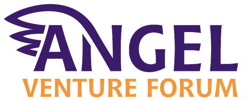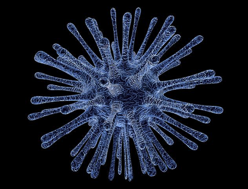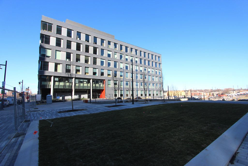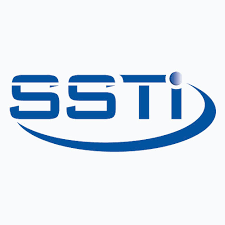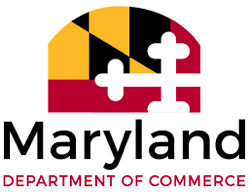

Alexandria Real Estate Equities, Inc. (NYSE: ARE), an urban office REIT uniquely focused on collaborative life science and technology campuses in AAA innovation cluster locations, today announced that Alexandria LaunchLabs® has selected a leading-edge group of life science startups as its first member companies. Alexandria LaunchLabs is New York City’s first-in-class, highly affordable, full-service wet laboratory and office co-working space, which provides unique access to Alexandria’s early-stage investment capital. Alexandria LaunchLabs’ member companies will also have full access to Alexandria’s world-class network and a highly amenitized campus, including a state-of-the-art conference, event and meeting space; two farm-to-table restaurants and a fully equipped fitness center.
In addition, Alexandria Venture Investments, its strategic venture capital arm and one of New York City’s largest providers of early-stage life science venture capital, made its first New York City-based investment of 2017, leading the Series A financing for Applied Therapeutics Inc. Applied Therapeutics, a biotech company with technology licensed from Columbia University, is focused on developing transformative drugs in areas of high unmet medical need.

